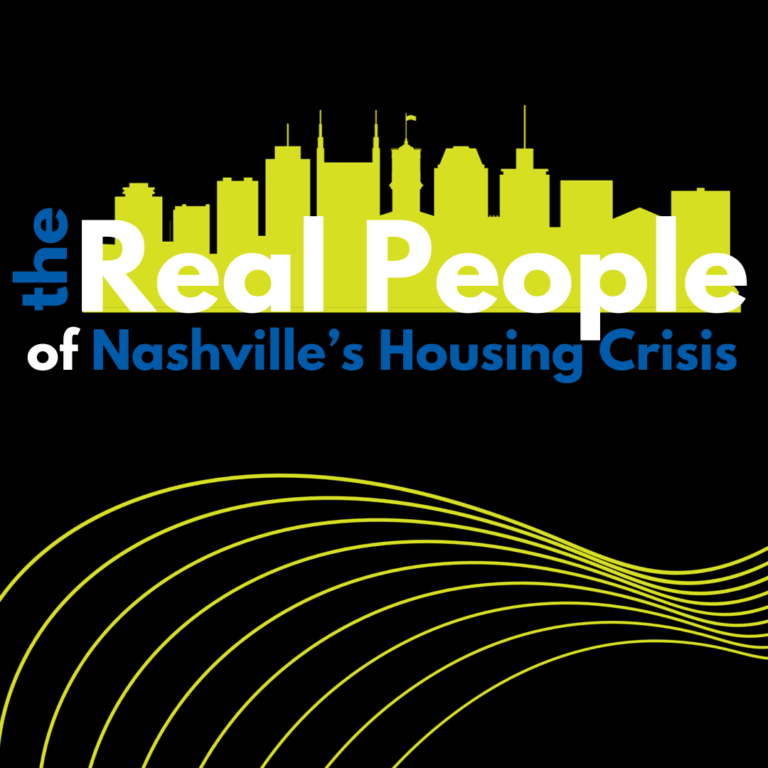Community Benefits and the IT City
By Camilla Jeralds, Student at Middle Tennessee State University
Nashville has experienced an economic boom, but it has come at a price. Development has lacked accountability and one can argue that the growth has negatively affected working people, low-income renters and homeowners.
One of the main problems Nashville is currently facing is the lack of affordable housing. Development has accelerated housing and rental costs, and with nearly 100 people moving to the metro region every day, Nashvillians are struggling to stay in their neighborhoods and communities. Indeed, Nashville’s growth model is leaving many residents wondering if there is anything more they can do to fend off displacement. Communities such as Edgehill, 12th Avenue South, the Nations in West Nashville, many East Nashville neighborhoods, and Germantown and Salemtown in (formerly) North Nashville have already seen the displacement of thousands of working-class families.
Community benefits agreements (CBAs) provide an important response to the growth-displacement paradox. The Partnership for Working Families, a national organization that works on equitable development, defines a CBA as “A legally binding contract (or set of related contracts), setting forth a range of community benefits regarding a development project, and resulting from substantial community involvement.” CBAs emerge from a negotiated process involving developers, contractors, community leaders, and residents of neighborhoods that are targeted for development. They are most effective when backed by city officials, either through symbolic gestures or in the form of neighborhood-friendly zoning and code regulations.
Since 2016, the Stand Up Nashville coalition has brought residents together to discuss issues that could be addressed by CBA, hosting a Community Benefits 101 training in February 2017. These conversations revealed that Nashvillians believe CBAs are an important tool for “IT” city. They can be used to support safety net and workforce development programs, as well as grocery stores, day care centers, libraries and recreational centers. These projects can help counter the displacement of thousands of residents in Nashville’s urban core, and extended to support quality-of-life projects in communities such as Antioch and Madison. If implemented, then CBAs can also give communities that are prime targets for displacement greater leverage with developers and offer a new framework for accountable and equitable development for Nashville.








